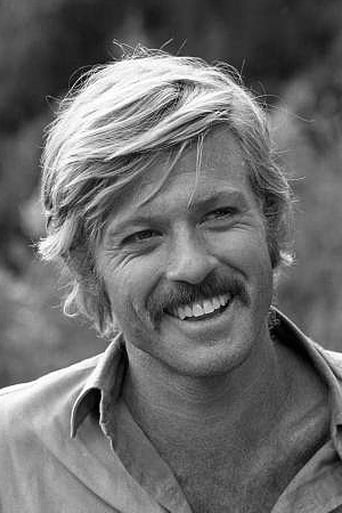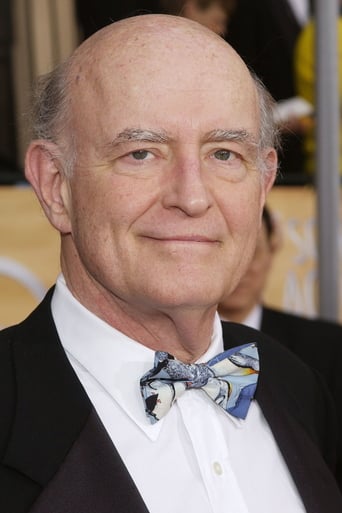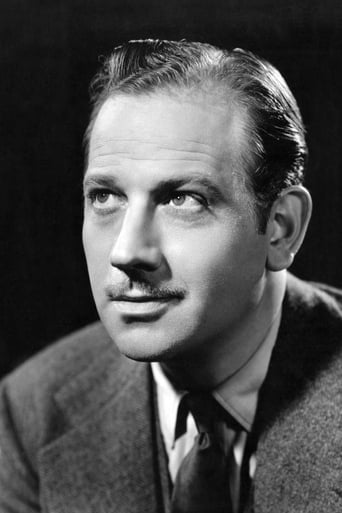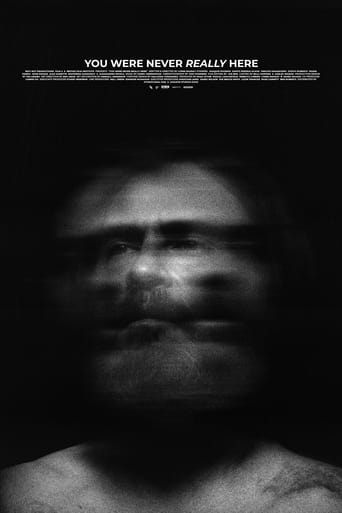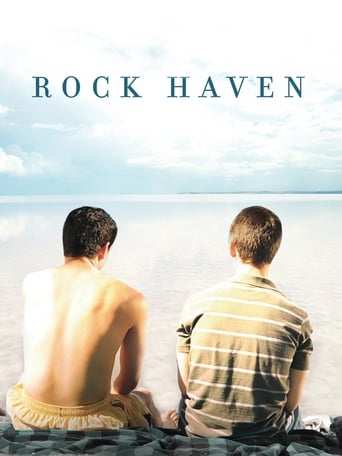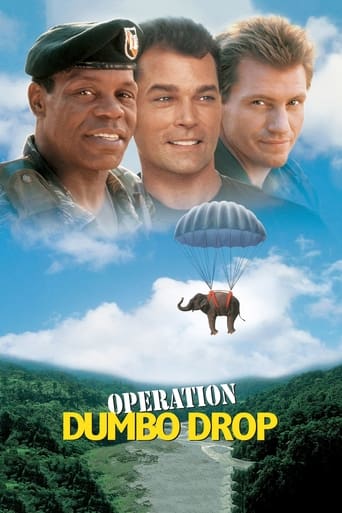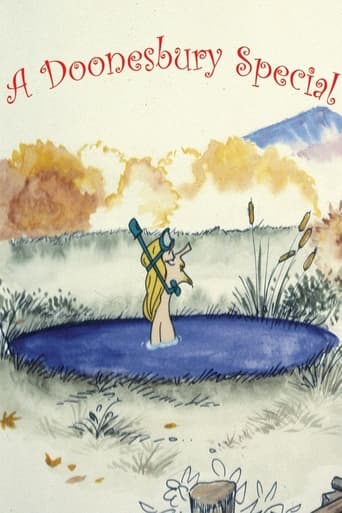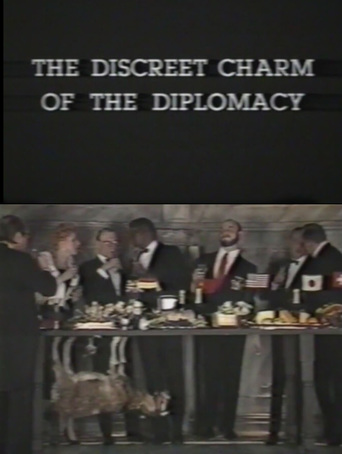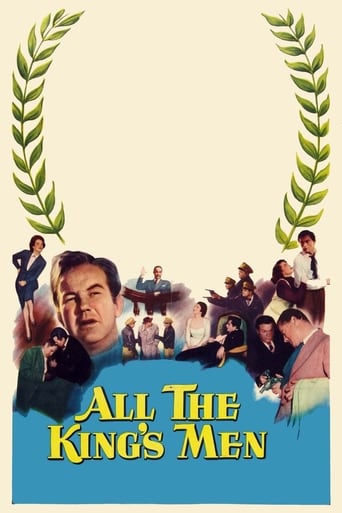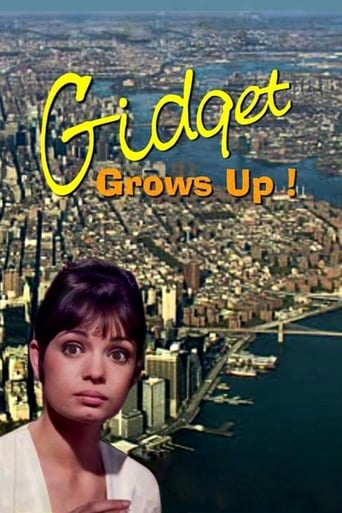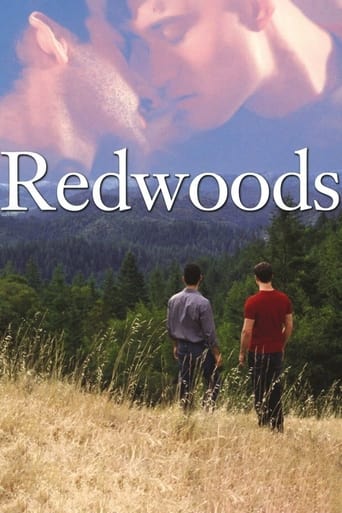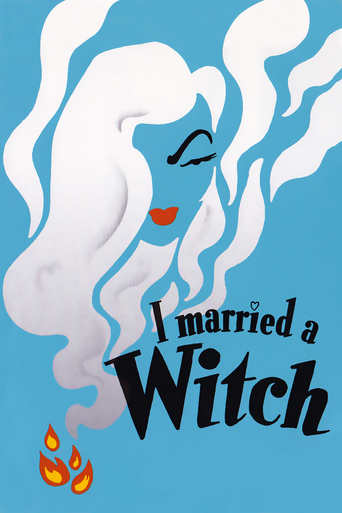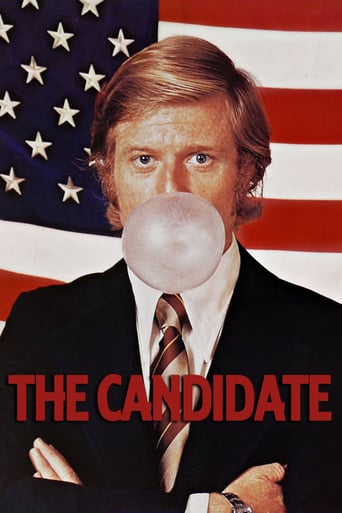
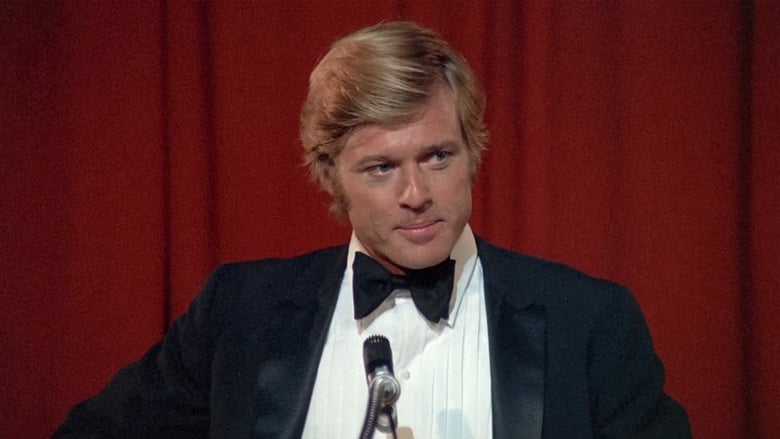
The Candidate (1972)
Bill McKay is a candidate for the U.S. Senate from California. He has no hope of winning, so he is willing to tweak the establishment.
Watch Trailer
Cast
Similar titles
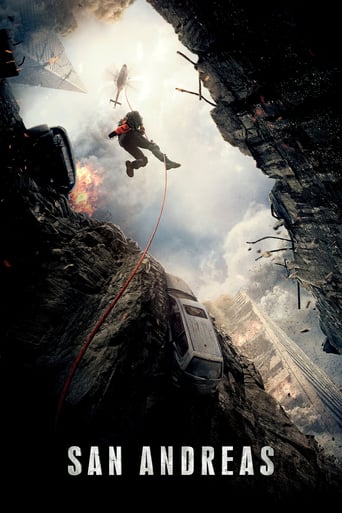
Reviews
I'll tell you why so serious
I don't have all the words right now but this film is a work of art.
Best movie ever!
The film may be flawed, but its message is not.
Bill Mccay is prepositioned by a political analyst to stand against a Republican elective who is such a sure-shot guarantee that other established democrats are refusing to run against him. Mccay being young, handsome and idealistic is chosen to lessen the blow according to the analyst. Mccay enters the challenge hoping to impart his message to the masses- regardless of the outcome. Unfortunately, he is found to be too good and ends up winning the election. This is a great comedy drama in the political realm and Robert Redford is excellent as the handsome idealistic Mccay. The film has garnered much acclaim since release and if you enjoy a good political movie then the Candidate is a fine choice.
Excellent film where a young, good looking attorney is nominated by the Democrats for the governorship of California, opposing the Republican who believes strongly in the typical Republican line of Herbert Hoover-Individual initiative.The surprise in this film is Don Porter, a veteran character actor of television and the film, who gets the role of his life as the incumbent senator, ready to take on Bill McKay's (Redford)idea of A Better Way with McKay.Peter Boyle shines as the political operative and we see all the preparations that go into the making of a candidate. We see a candidate who refuses to compromise on his views, while seeing better days ahead.
For the non-experts, "pezzonovante" is a direct reference to the Sicilian word used in "The Godfather" to describe a senator, governor, or any upstarts or ambitious newcomer on the political field (basically, what Vito Corleone wanted for his son, Michael)I chose this title because in 1973, the two Oscars for Best Screenplay went to "The Godfather" and "The Candidate". Although they play in different leagues, both screenplays bear interesting similarities through the implicit statements they make about the limits of the American Dream and the ideals that supposedly forged it. Indeed, no matter how charismatic they are, there's something rotten in a country that allows such figures as Michael Corleone and Bill McKay to succeed.My judgment might be severe but it's a credit to Robert Redford's extraordinary performance. Sometimes, we're put in the electors' shoes and see him like a handsome and idealistic patriot, eager to raise the voice of American social outcasts and sometimes we remember, as parts of the sideshow, that these are the very reasons he was picked by his friend, Marvin Lucas (Peter Boyle) to represent the Democrat party despite his blatant lack of experience. And what's the catch for McKay? The film reveals its cynical and interesting premise when Boyle writes in a matchbox his only guarantee: "you will lose". The point of his candidature is not to undermine a Democrat potential leader's career and yet provide a realistic opponent to the Republican, the much popular Crocker Jarmon. The certitude of the defeat is compensated by a symbolical victory: McKay has all freedom to spread his values, share his vision and gain some publicity. Seems like a win-win situation.McKay accepts, not without reluctance and more driven by the surrounding enthusiasm, starting with his wife who enjoys her new 'first lady' etiquette. But there's something we know about the American political machine, once you put your foot in, there's no way getting back. And the irony with McKay is that his political carelessness and lack of true ambitious will catch the eyes and ears of Democrats, by inspiring a more genuine and less generic form of political expression, precisely what the public needed. "The Candidate" brilliantly points out the effect of good merchandising in politics. Like a product, McKay has the looks, the message and also, the brand.The name is in fact the film's subplot, involving McKay's father, a not-so popular veteran politician played by Melvyn Douglas. The reporters notice that the father never endorses his son's candidature, but McKay pretends it's a way to assess his independence. However, after a severe drop in polls that would have foreshadowed a total humiliation, McKay wins a debate against Jarmon at the last minute thanks to a genuine reaction rejecting the hypocritical aspect of a confrontation that dodged the real issues. Jarmon is upset, McKay wins, then McKay Sr. blesses him with the greatest compliment he could ever give him "son, you're a politician".Jeremy Larner, who was a speech writer for the Democrat Eugene McCarthy and then can be trusted in terms of accuracy, wrote the script. It isn't just a fictionalization of a true story but a gutsy political pamphlet that hasn't lost its relevance. And if we don't remember McCarthy, we do remember the former President who hadn't done much for the country, yet compensated his lack of accomplishment thanks to his father's aura, and used Christian idiosyncrasies to please the crowds. Bush Jr. was no less a puppet than McKay, but he won, and the pages he wrote might not be regarded as the greatest chapter of American history.And since he was elected, I guess "The Candidate" failed as a warning, and this is why I blame the film for not having been more 'thought-provoking' and 'entertaining'. The script was great, the performance of Redford as a man torn between his sincere ideals and his conviction that he's a fraud get thrillingly palpable as the film progresses. Peter Boyle, Michael Lerner and Allen Garfield are absolutely scene-stealing as the show's ringleaders, and Natalie Wood's lovable cameo gave the ultimate touch of authenticity. Apart from that, the result is rather forgettable, lacking that spice we expect from a political satire. "The Candidate" could have been on the same prophetic wit as "Network", "Wag the Dog" or "A Face in the Crowd" but the film was as frustrating as McKay struggling during his speeches. Jeremy Larner might have won an Oscar, but a Paddy Cheyefsky he ain't. And unfortunately, the real highlight of the film happens to be the ending with the unforgettable "what do we do now?" that leaves Lucas, and the viewers, speechless. The film was so full of awkward painful-to-watch moments (can you imagine anything worse than a politician being speechless?), fitting the film's anticlimactic realism but so frustrating for viewers who expect a few explosive outbursts. Redford remains an eternal enigma as a man we never quite see what goes on his mind, on TV or during a speech, challenging our patience but not rewarding it until the end, when he's put in the position he couldn't cheat anymore. I didn't know what he was going to do, but I guess I was glad they finally closed that door before we'd know. And that last minute gets me back to "The Godfather", again. The two films had similar opening and ending: one defeat speech from men who hadn't the stuff to 'win the game' and a door closing on the 'winner'. As if Crime and politics were the two evil twins of power in America, except that the first door was closed on an intimate room while the second left the protagonist with the public. And I'm not quite sure which is worse: fooling the law in secrecy or fooling the public in total openness?
THE CANDIDATE is a fascinating piece of work. Viewed this week with MEDIUM COOL -- Which one poses the greater criticism of television? MEDIUM COOL soaks in faked realism, THE CANDIDATE does the same. But they are such different pictures. In the end, CANDIDATE ultimately forms a more electric and buzzing indictment of Communication Age politics and it does so at a predictably steep price. CANDIDATE revels in a backstage, "candid" approach to political procedure. It harnesses a very active camera - moving, zooming, panning. Evidenced immediately in the credit soundtrack, this isn't meant to be a deft evaluation of Americana, it's a mockery. McKay has his sleeves pulled up, he's eating, he's unbuttoned, he's untucked, he's incorruptible. And the picture is presented as such a slick piece of entertainment that it's just about impossible to disagree. Here's the really interesting part. Whether or not CANDIDATE was aiming for it -- was it? -- it shows television as the most formidable political gamechanger in history. So many of the lines tailor to it -- "they" cut your hair. So many scenes are Television Training Camp. There's the self-satisfied shot where the camera pans into the viewfinder of the TV camera while McKay compromises on his crime policy. In essence, CANDIDATE demonstrates a radically different and devolved political landscape than earlier pieces. Is McKay a Jefferson Smith of the 70's? I think he is -- thanks to the script. This celebrated script. It stacks Politicians against Non-Politicians and has Redford migrate from the former to the latter. And how it abuses Redford! Possibly the best thing about the film is Redford's amicability and his tangible love for filmmaking. Three years after Sundance, he is ready to be cool for the adults. But what about this script they hand him? The liberalism is so piquant that it smells like we would be better off without government. Like politics is somehow more corrupt or convoluted than anything else in the age of television. The one thing it gets right -- accidentally or not? -- is how the equation of celebrity and politics equals power. Towards the end, the script wallows so much in its own sagacity that it is enough to make me seasick. My biggest question is this -- is the ambitious and potent critique of television incidental or not? And another, how connected are Bill and Barack? Jefferson. Bill. Barack. America evolves, doesn't it?59.00
